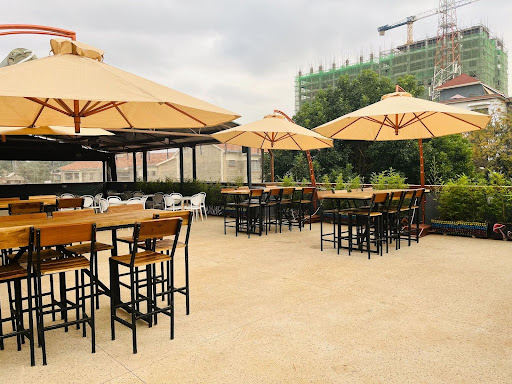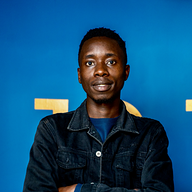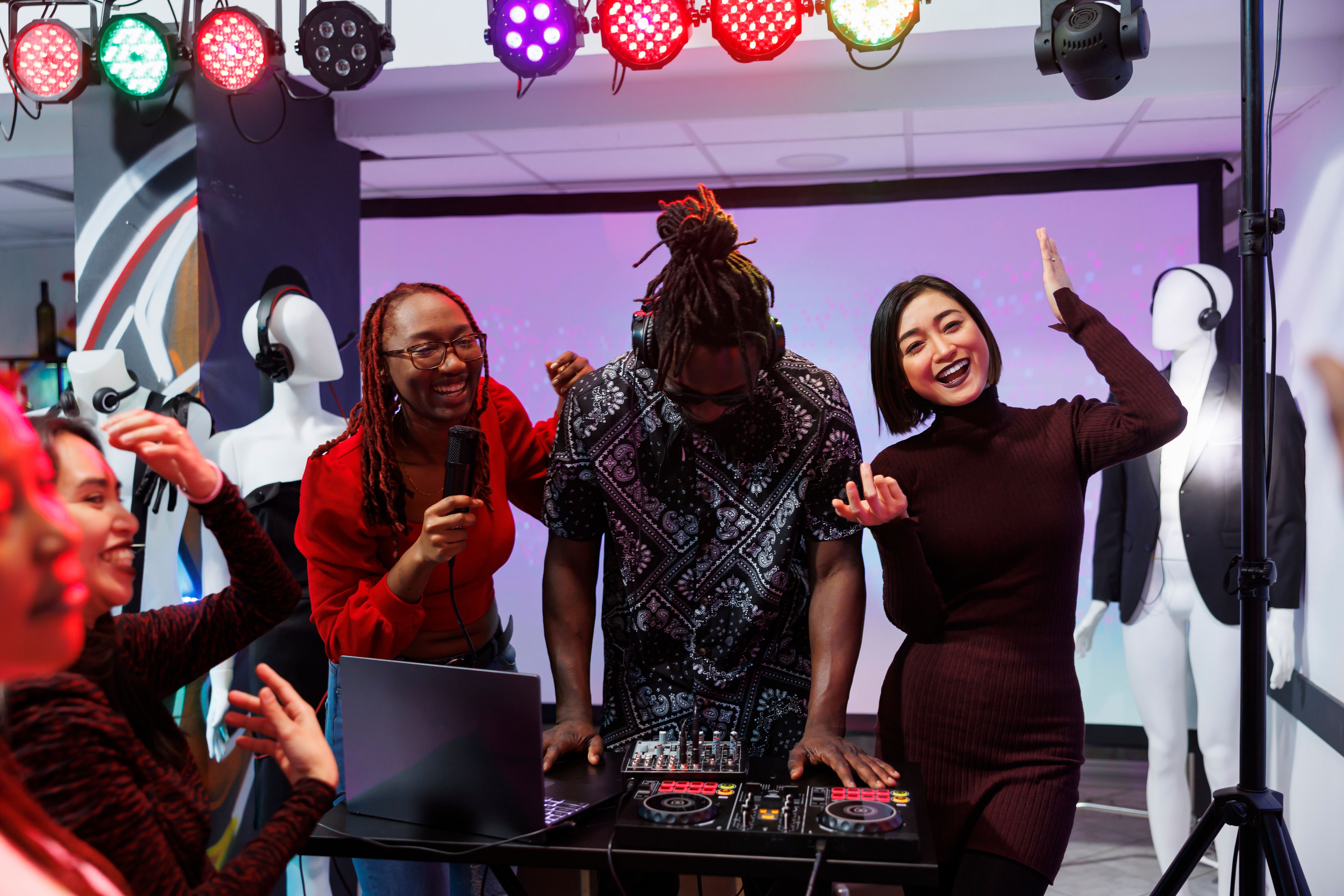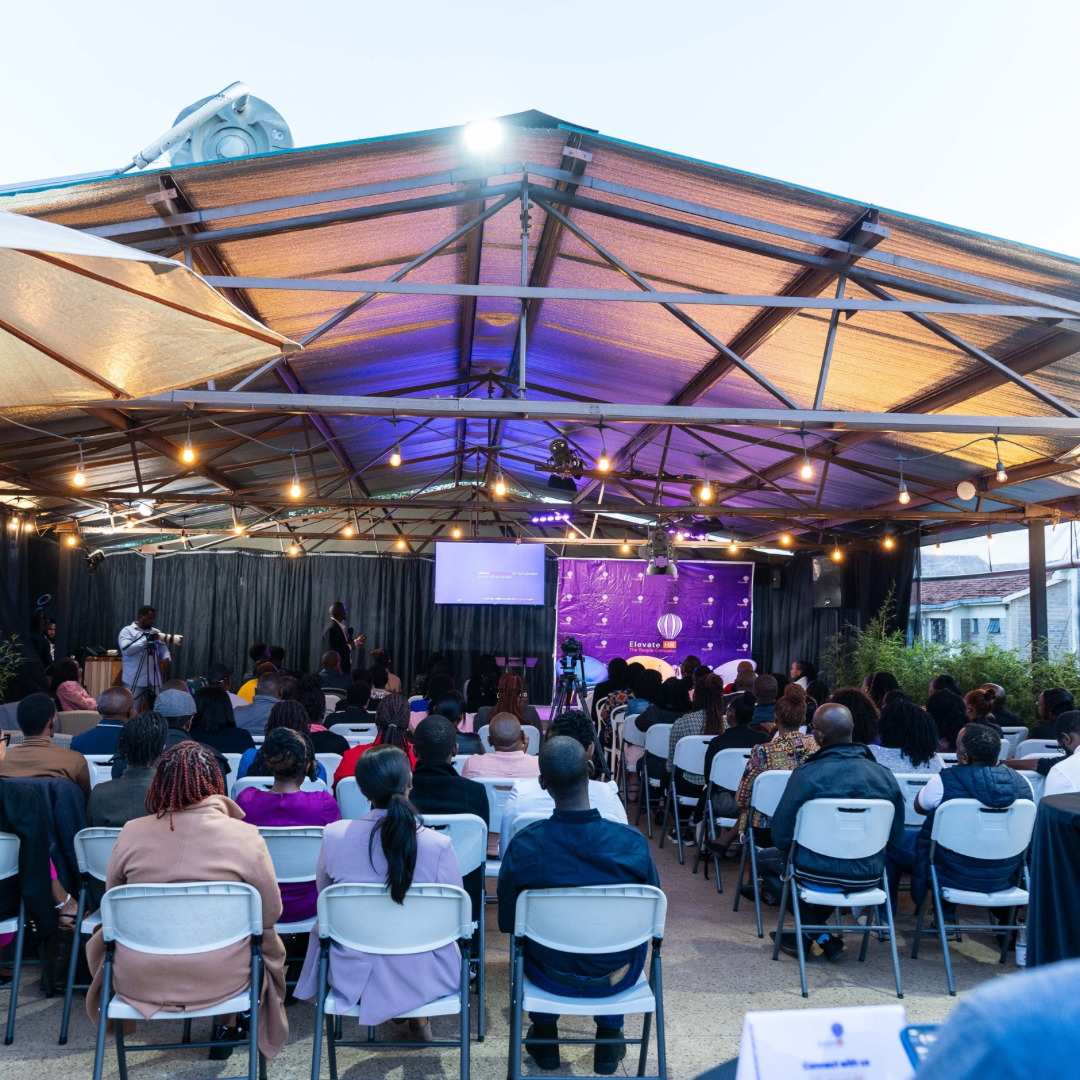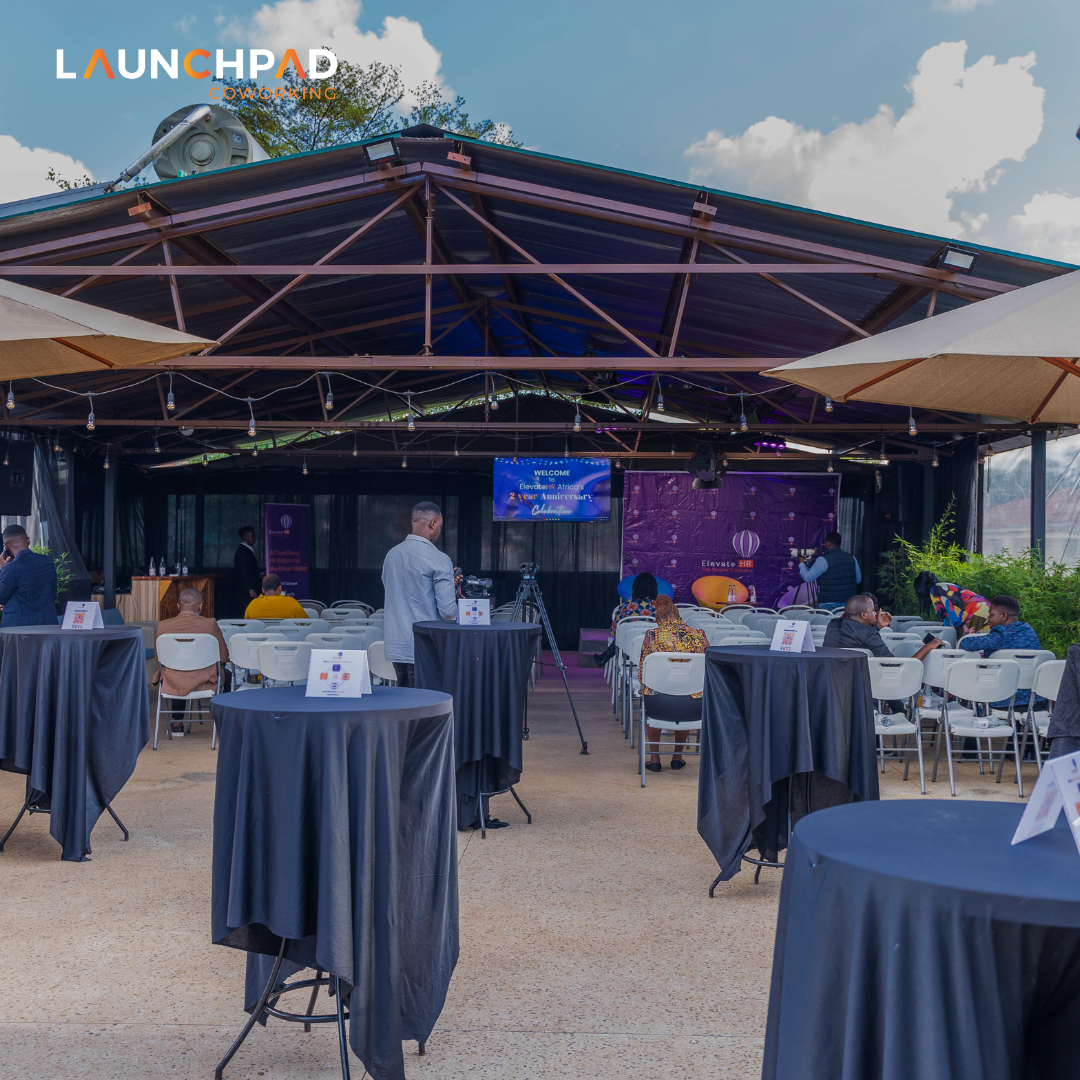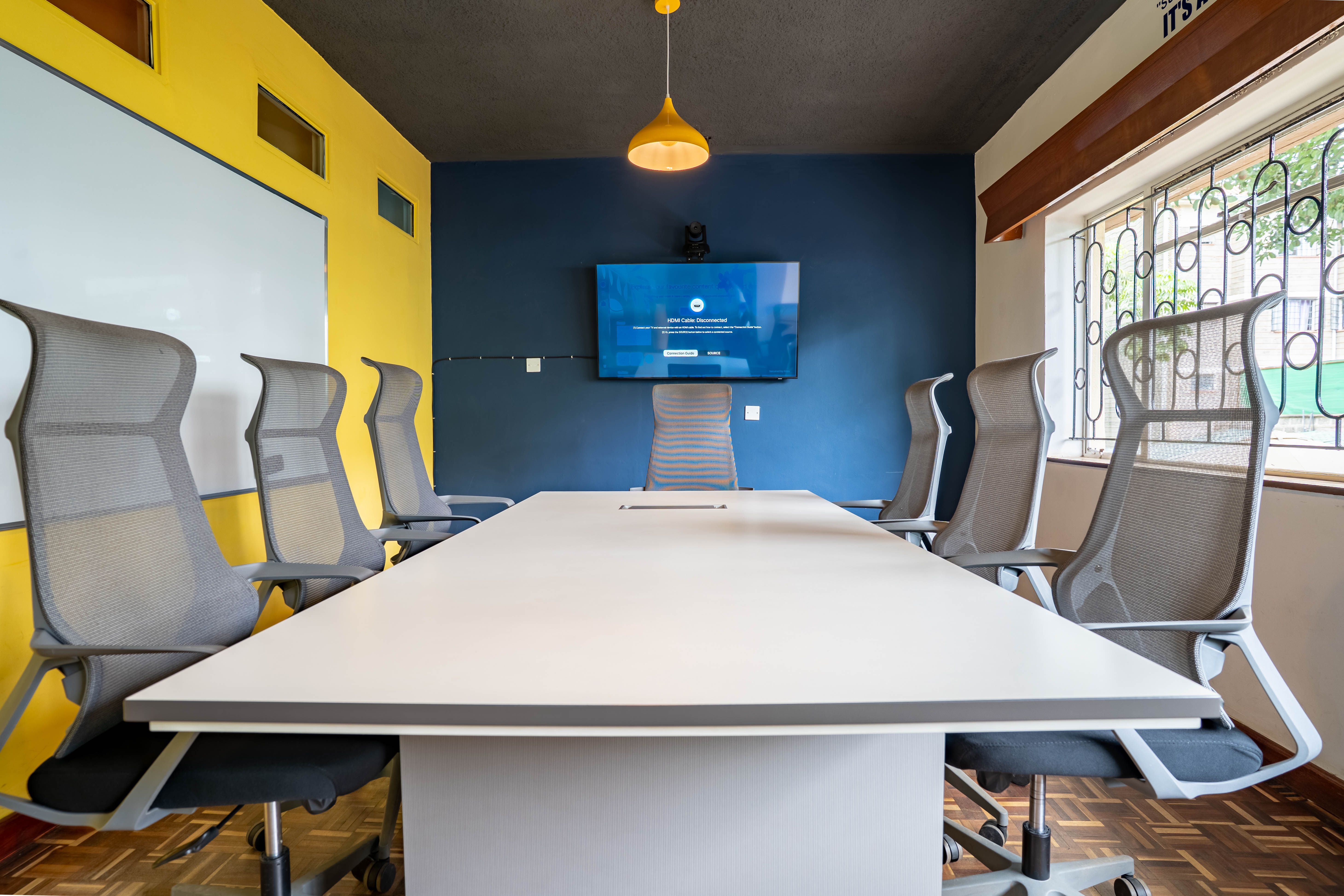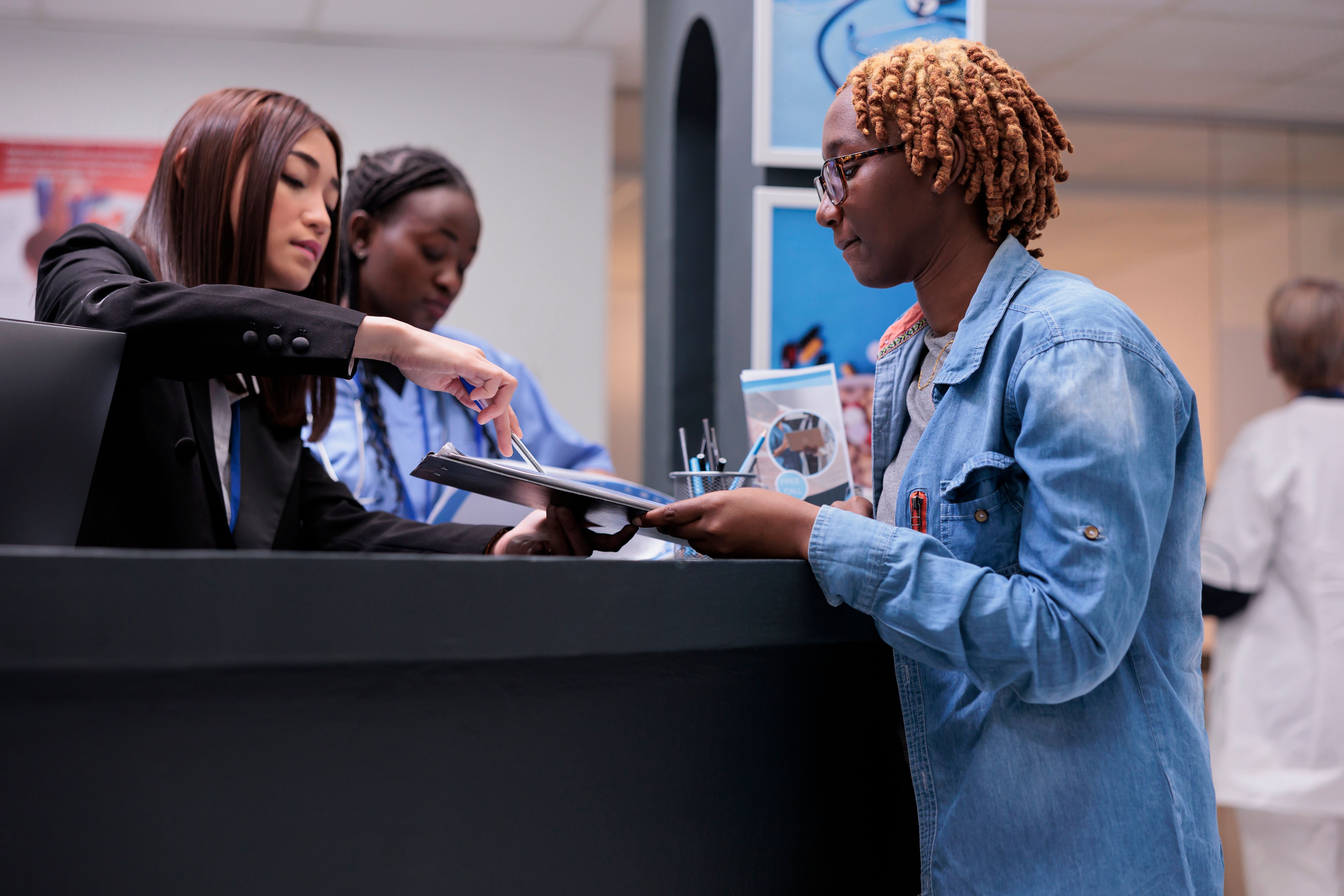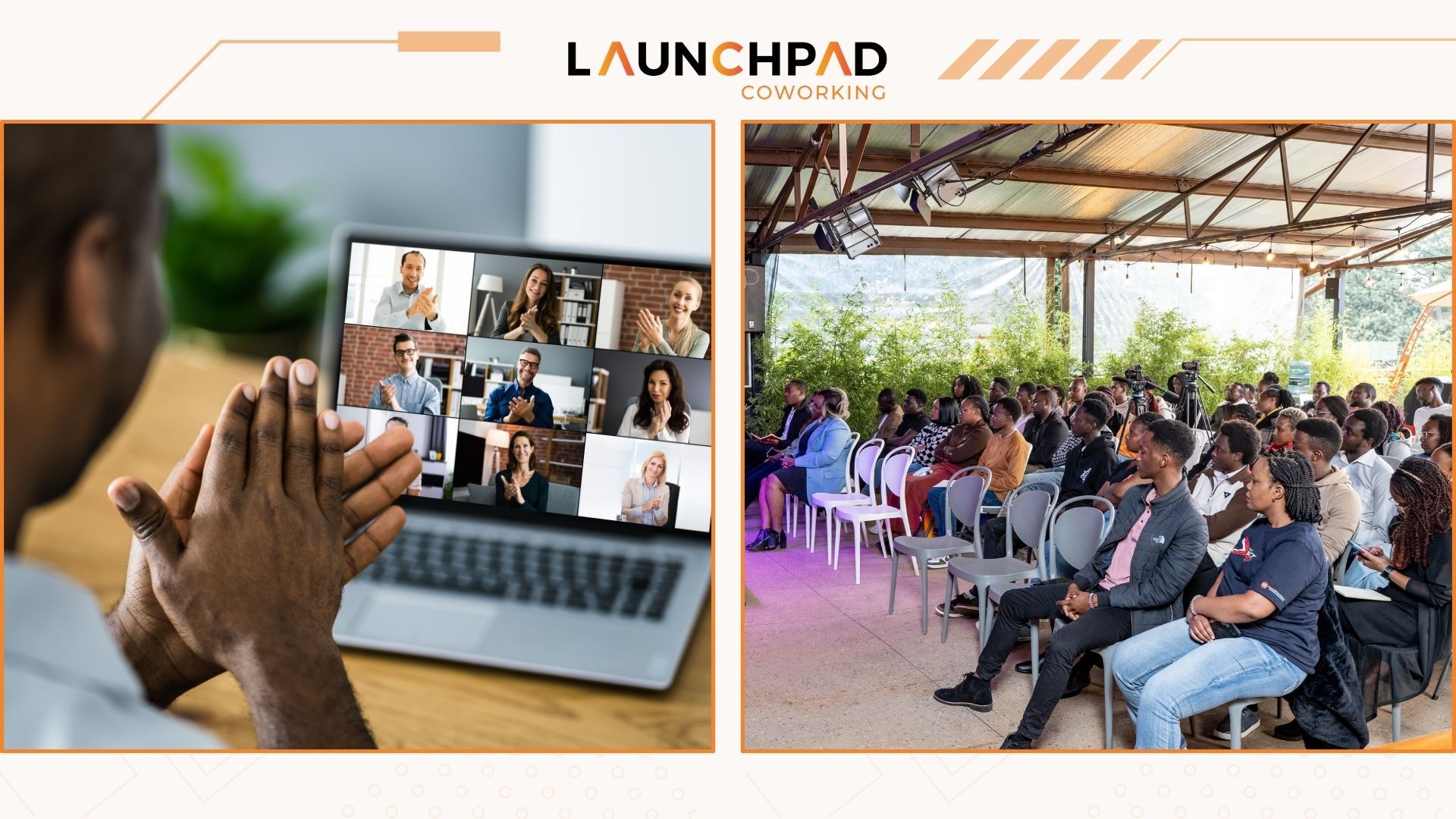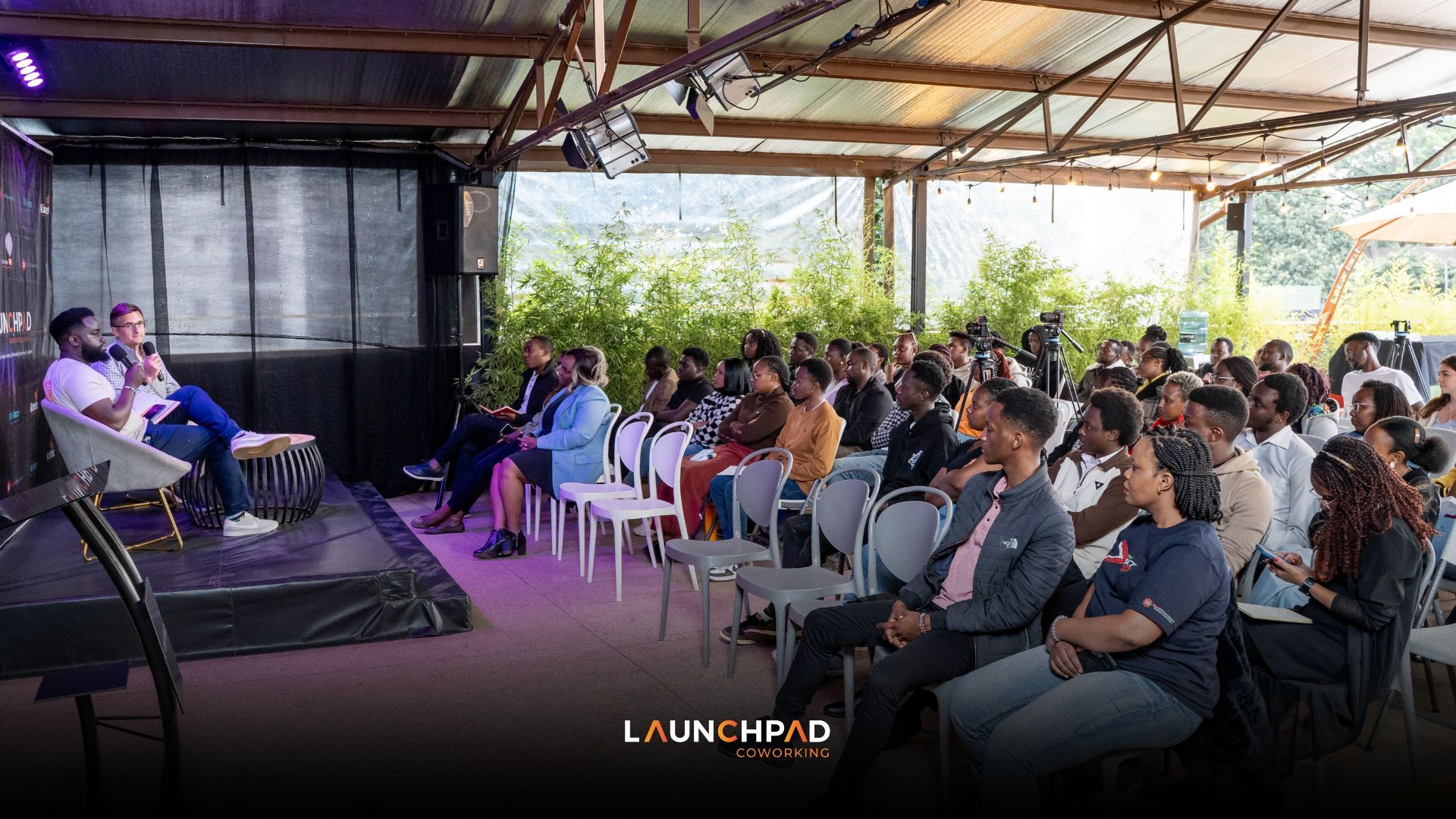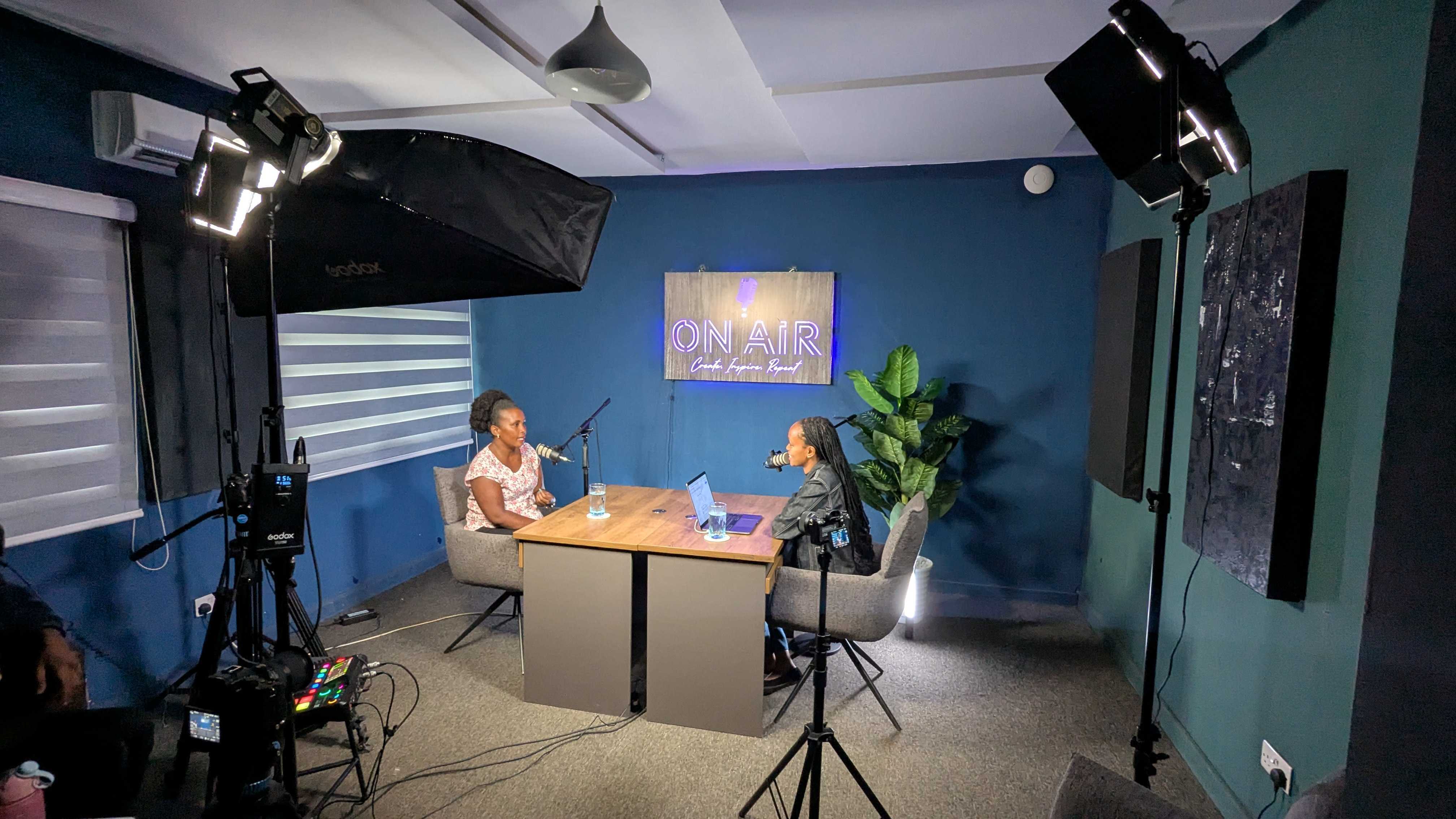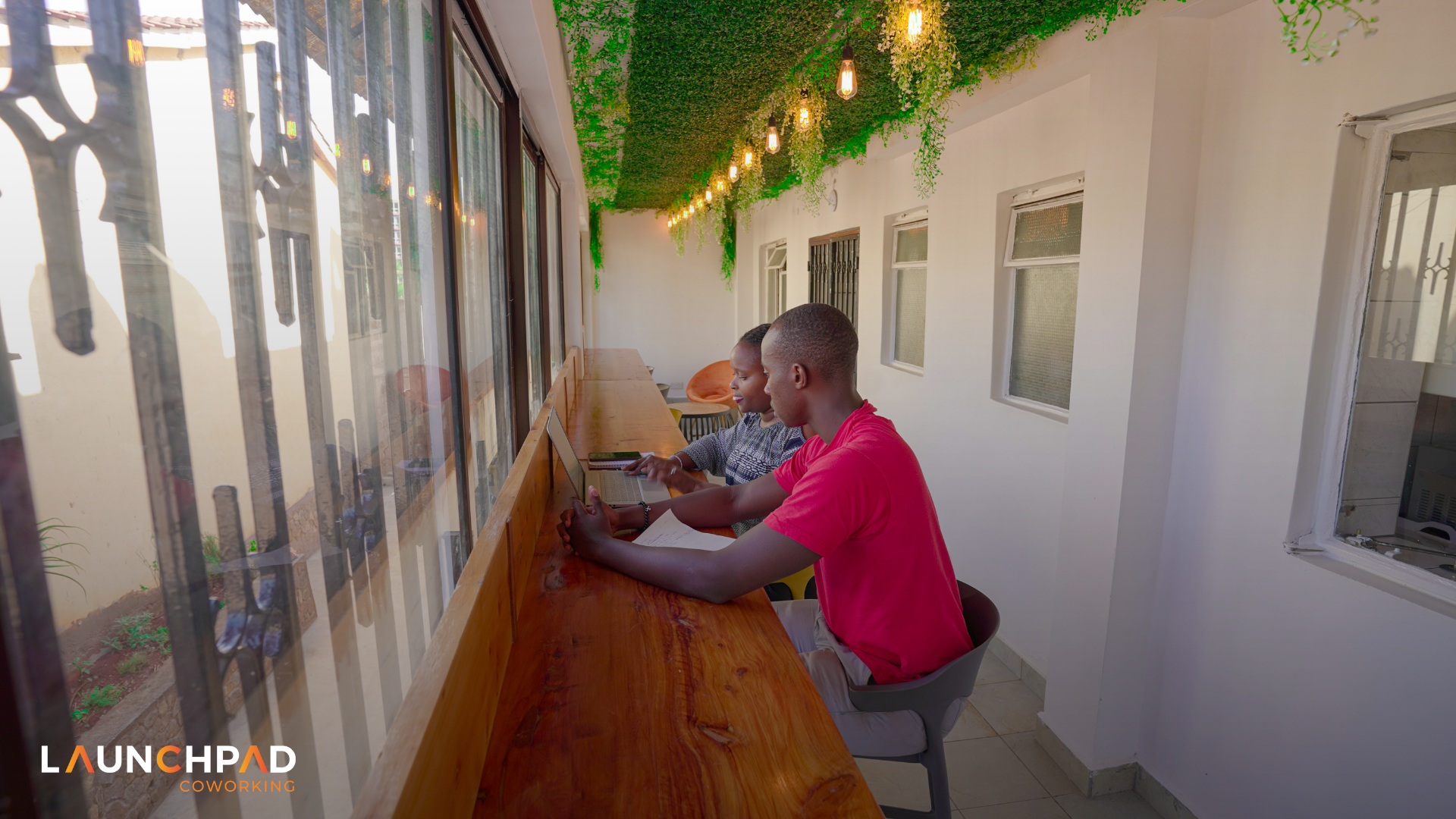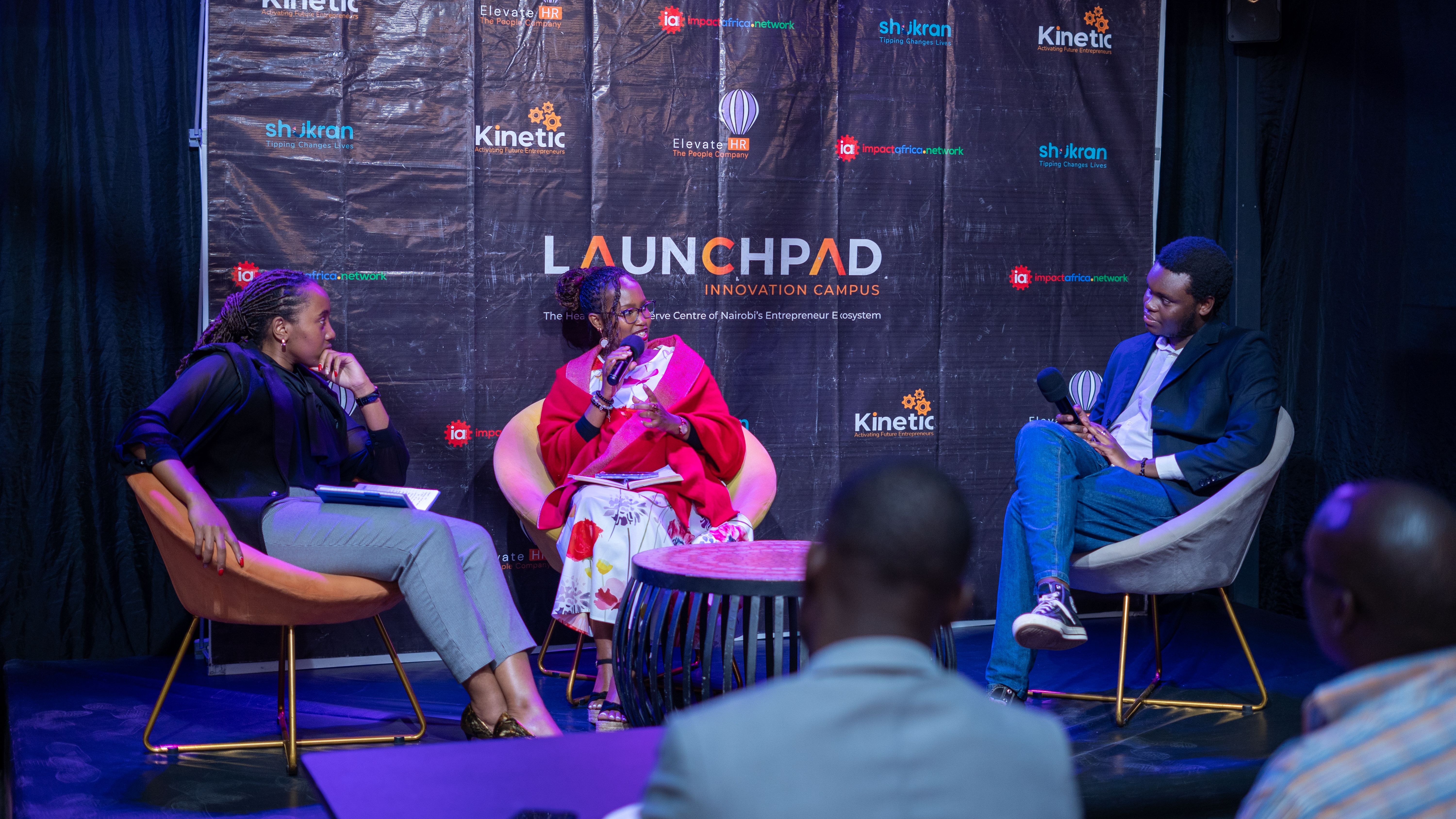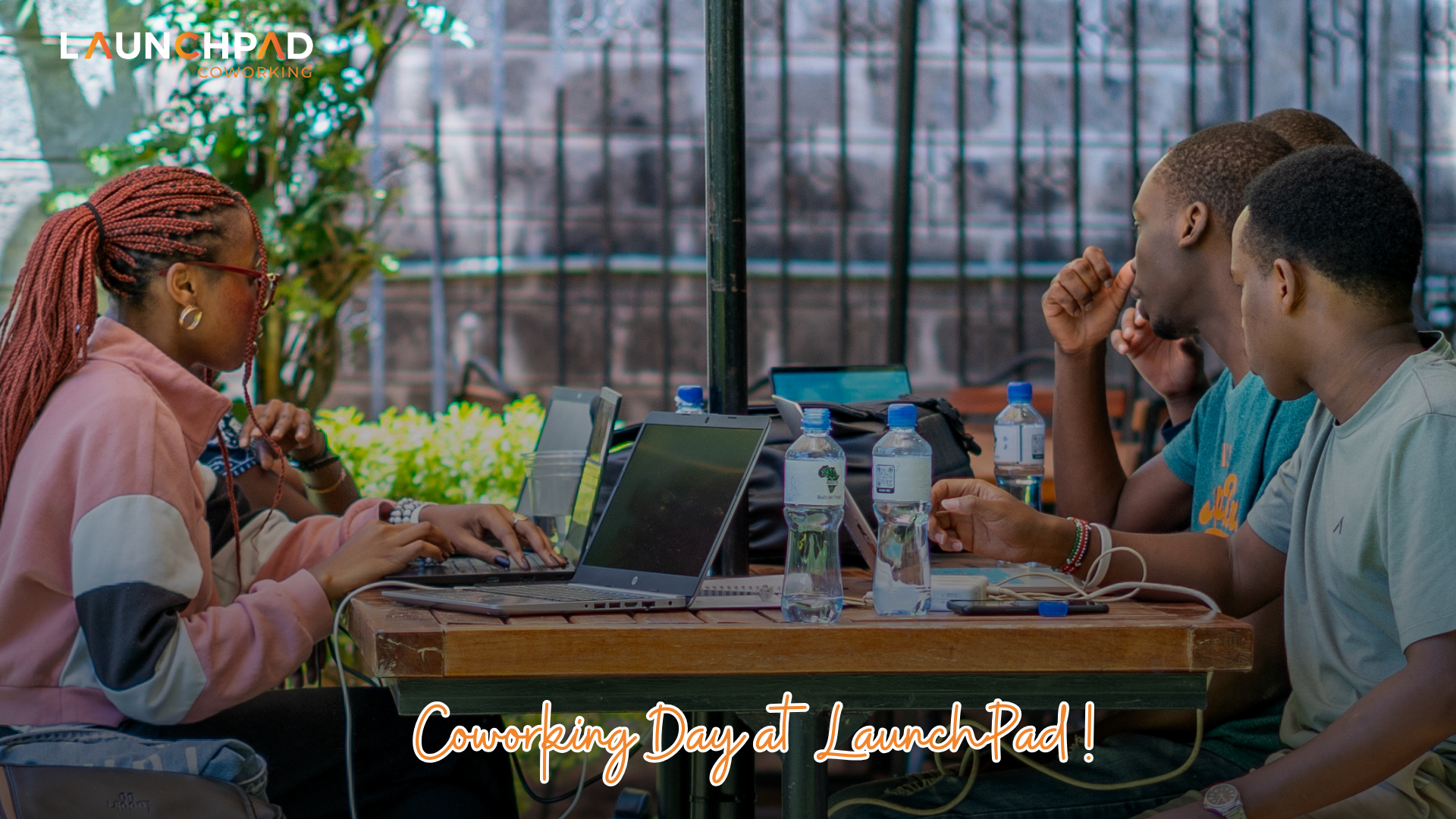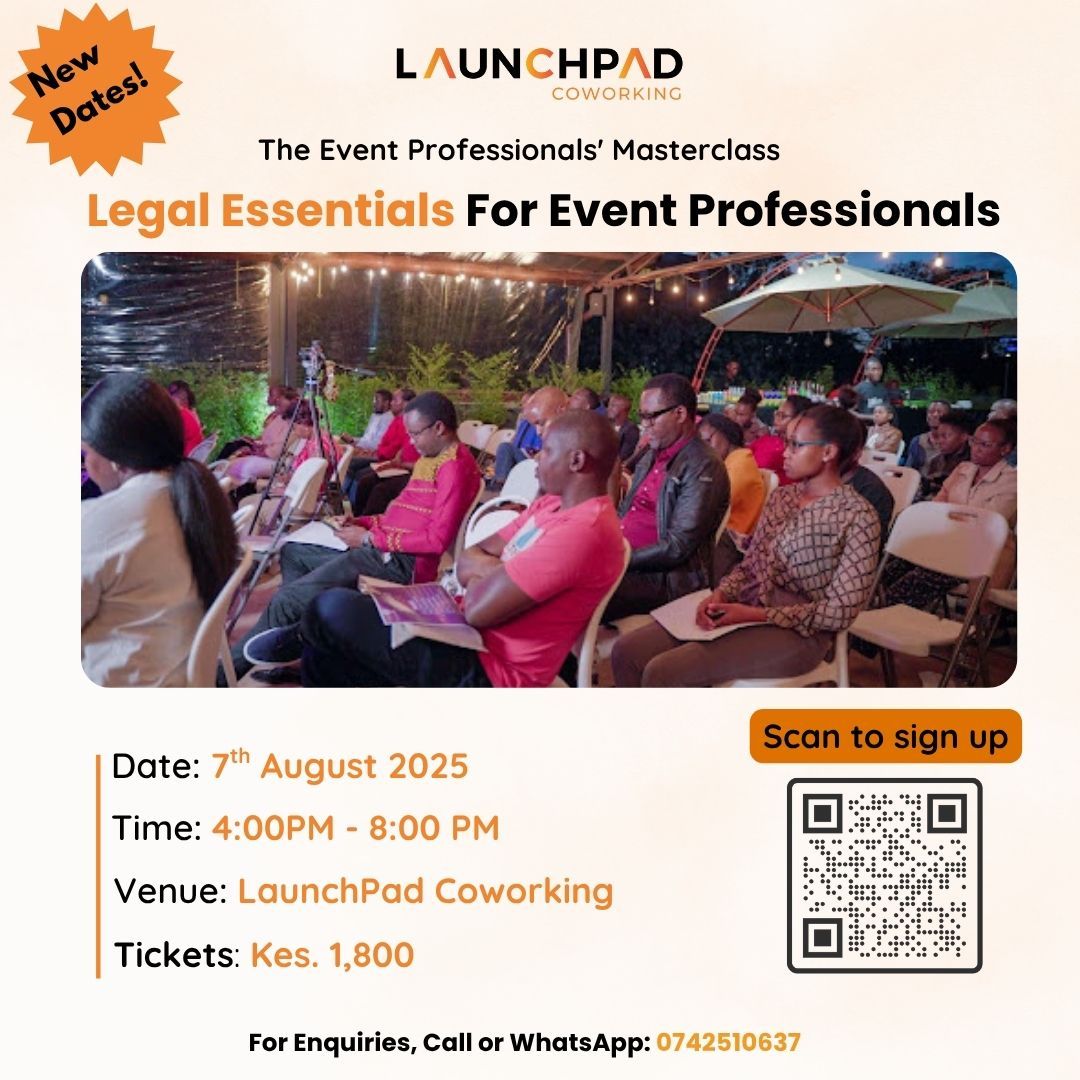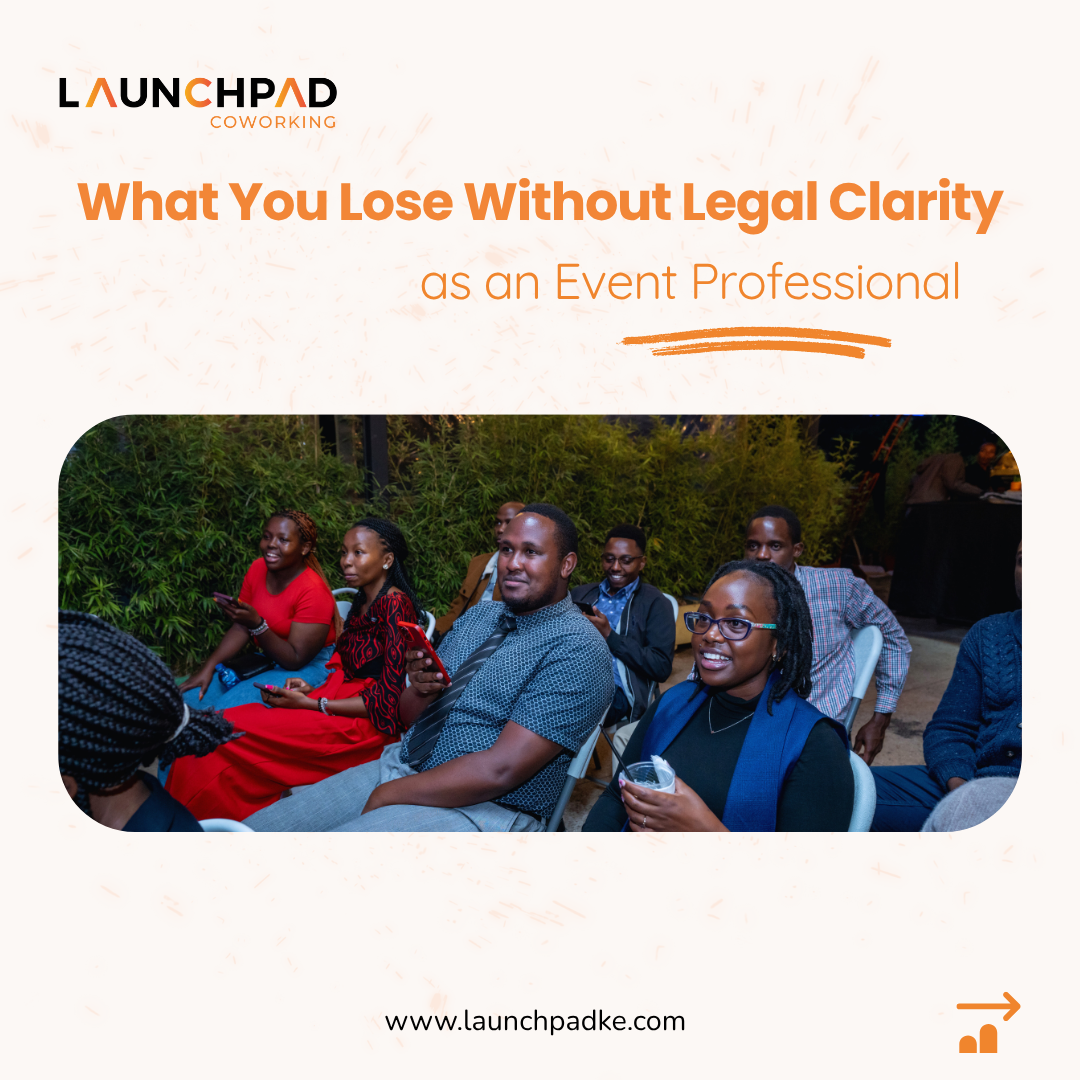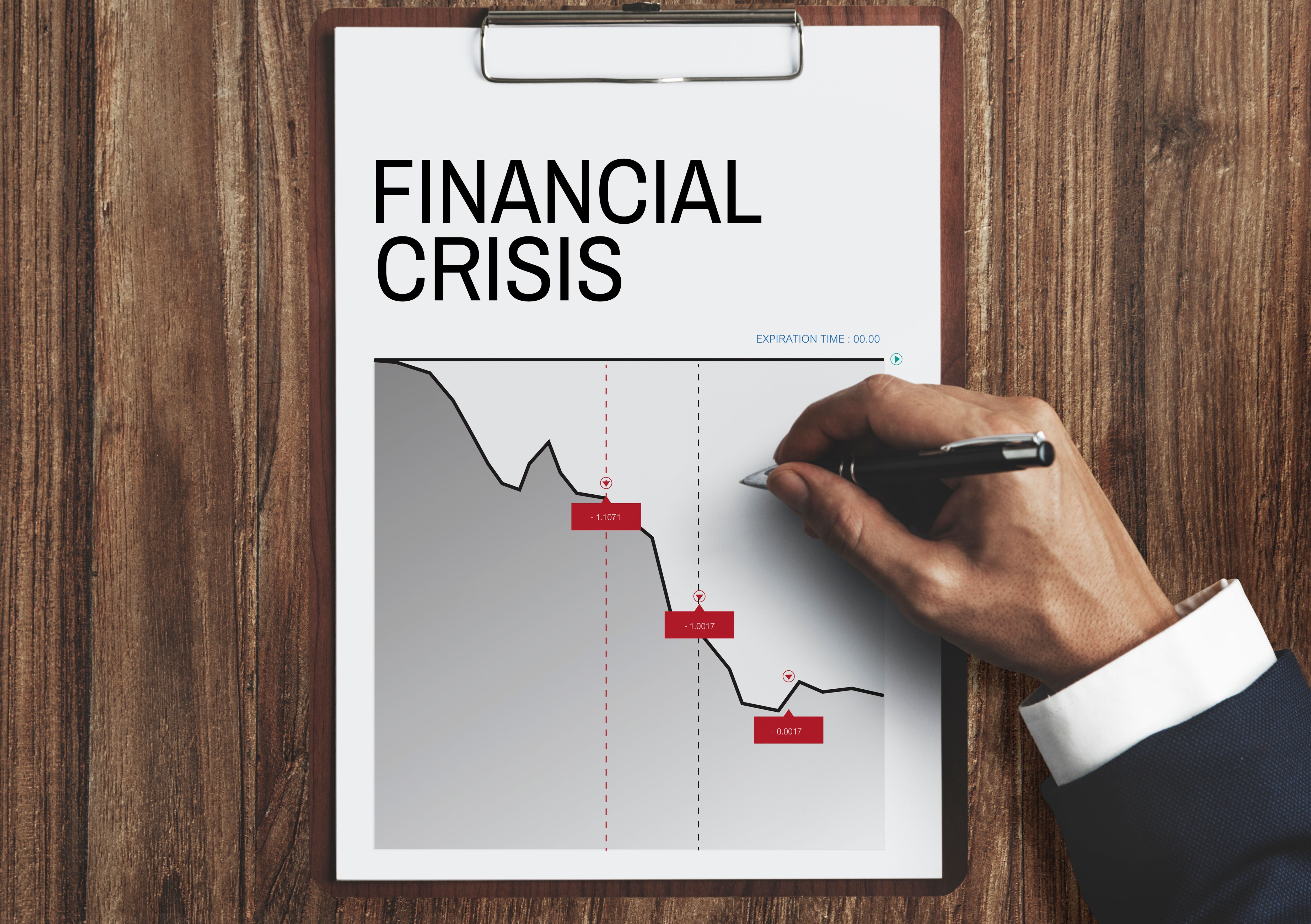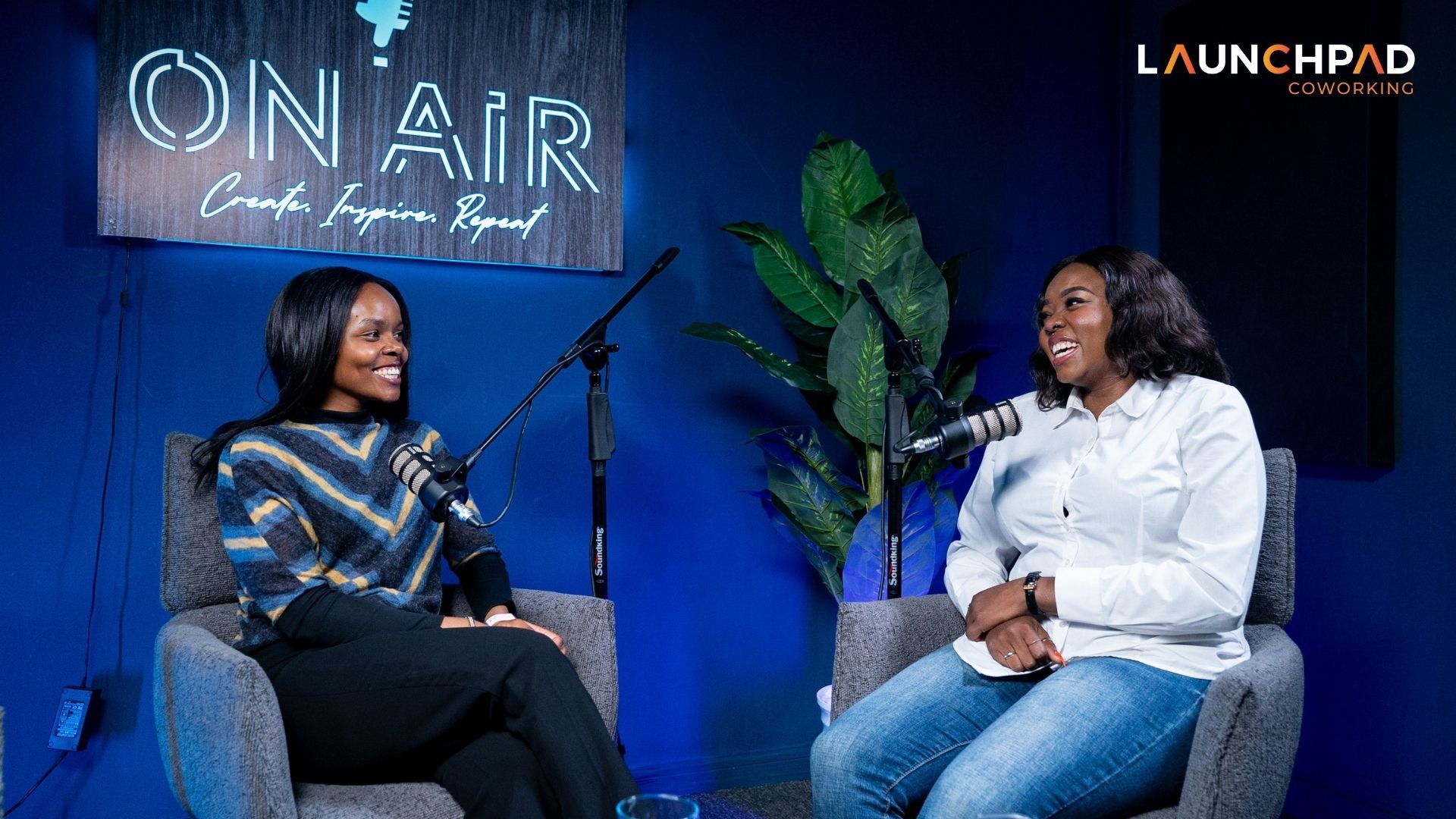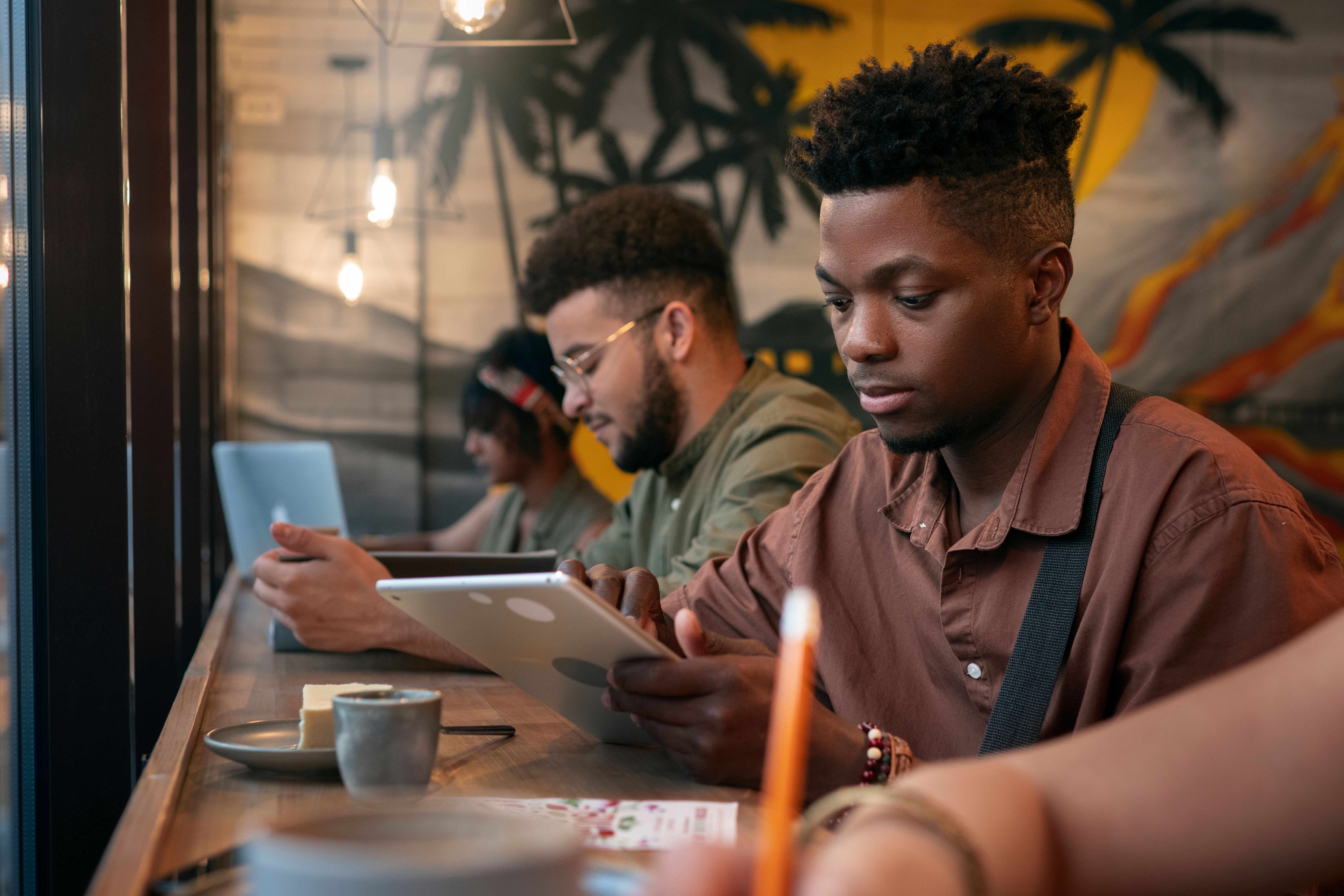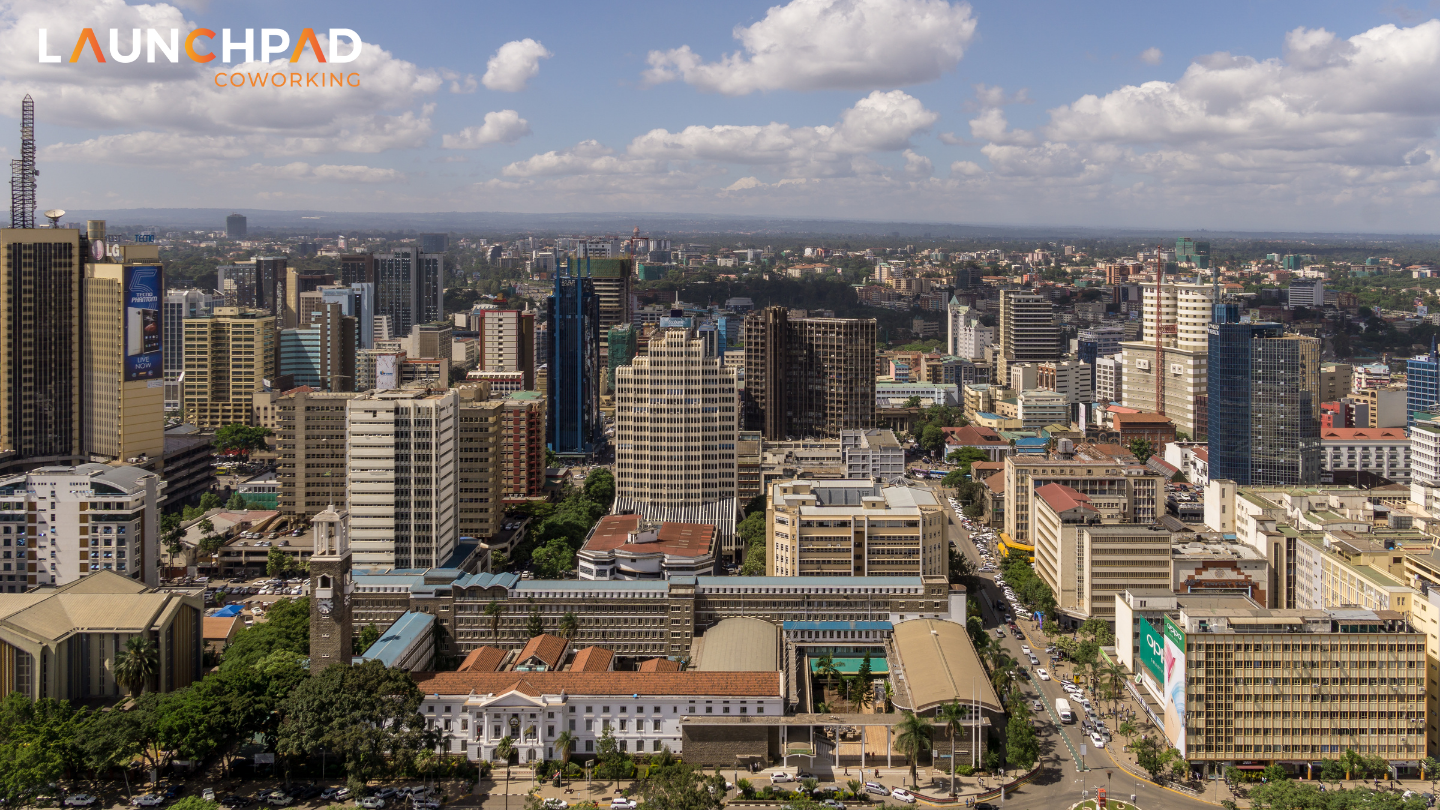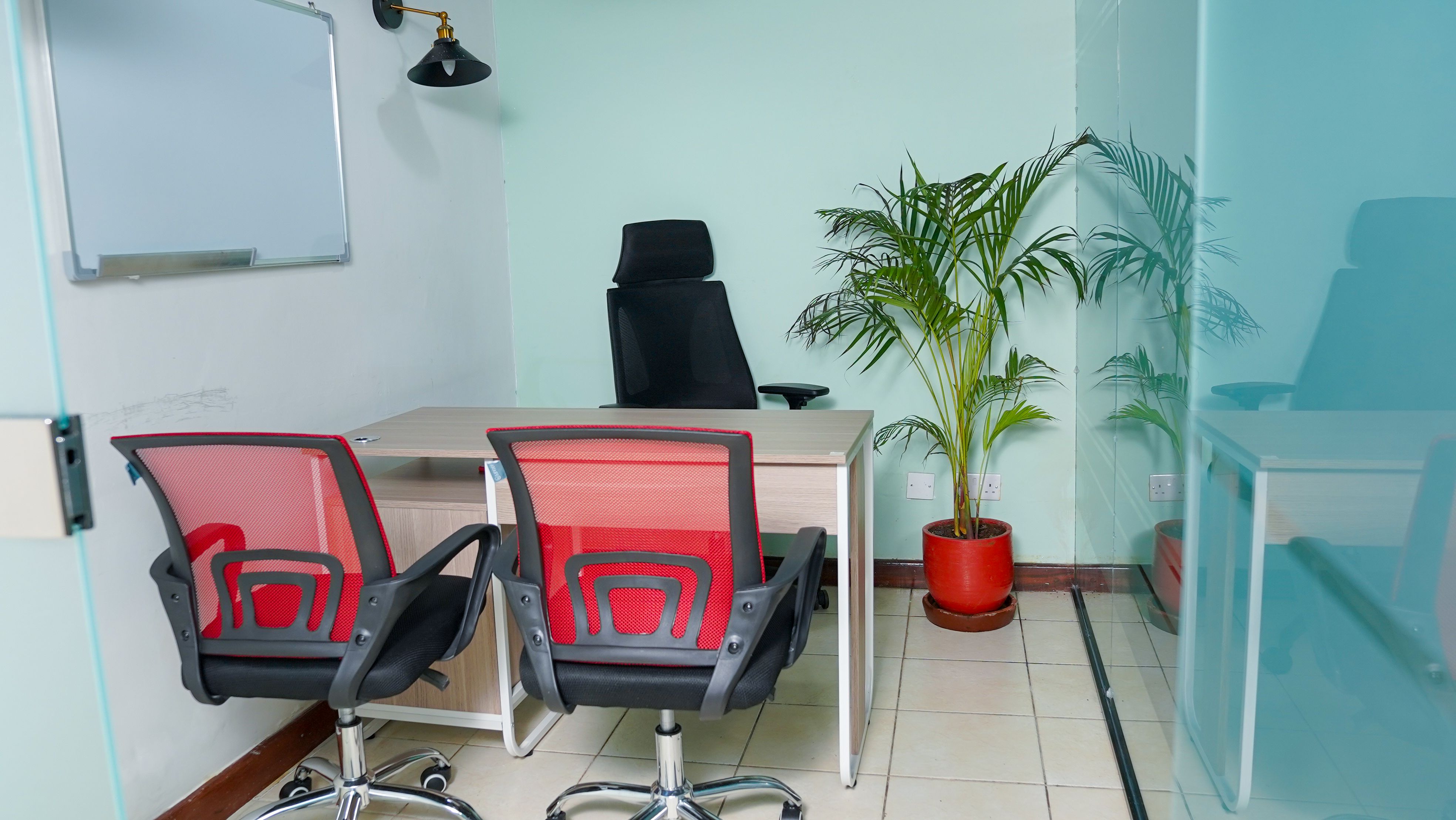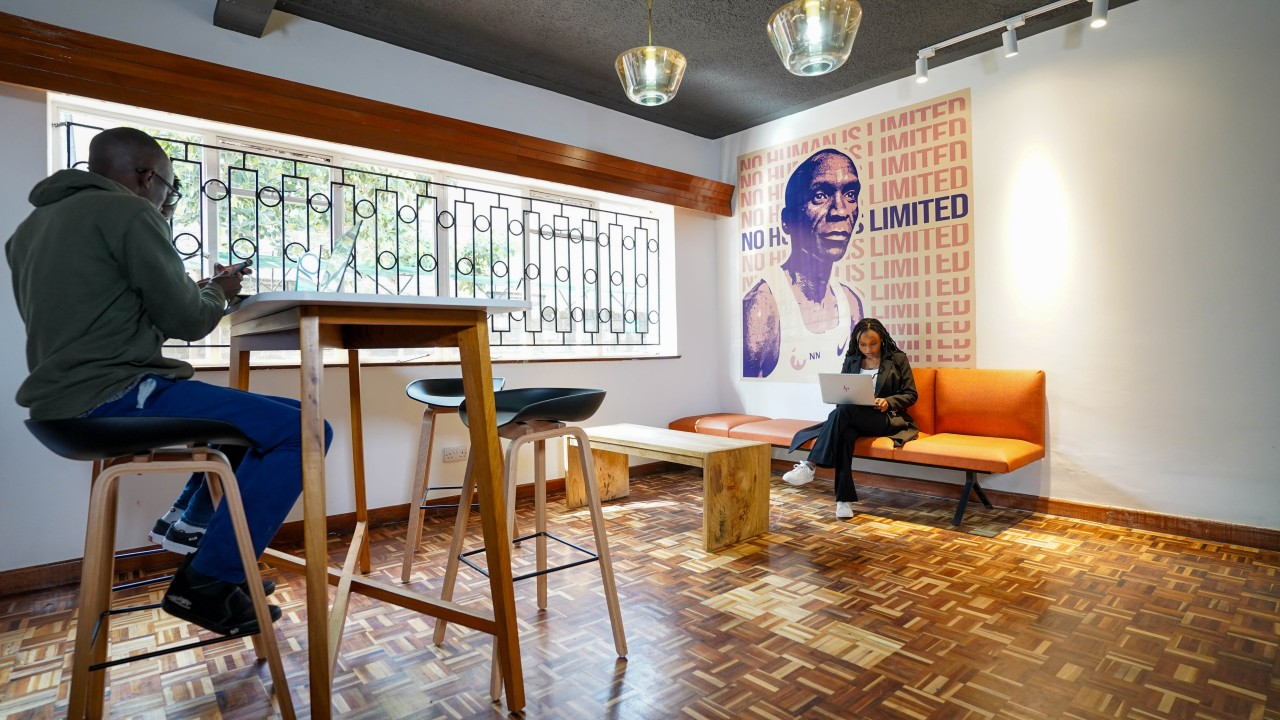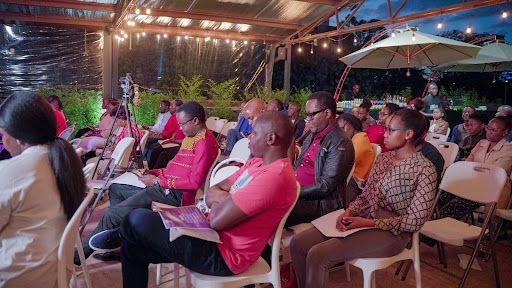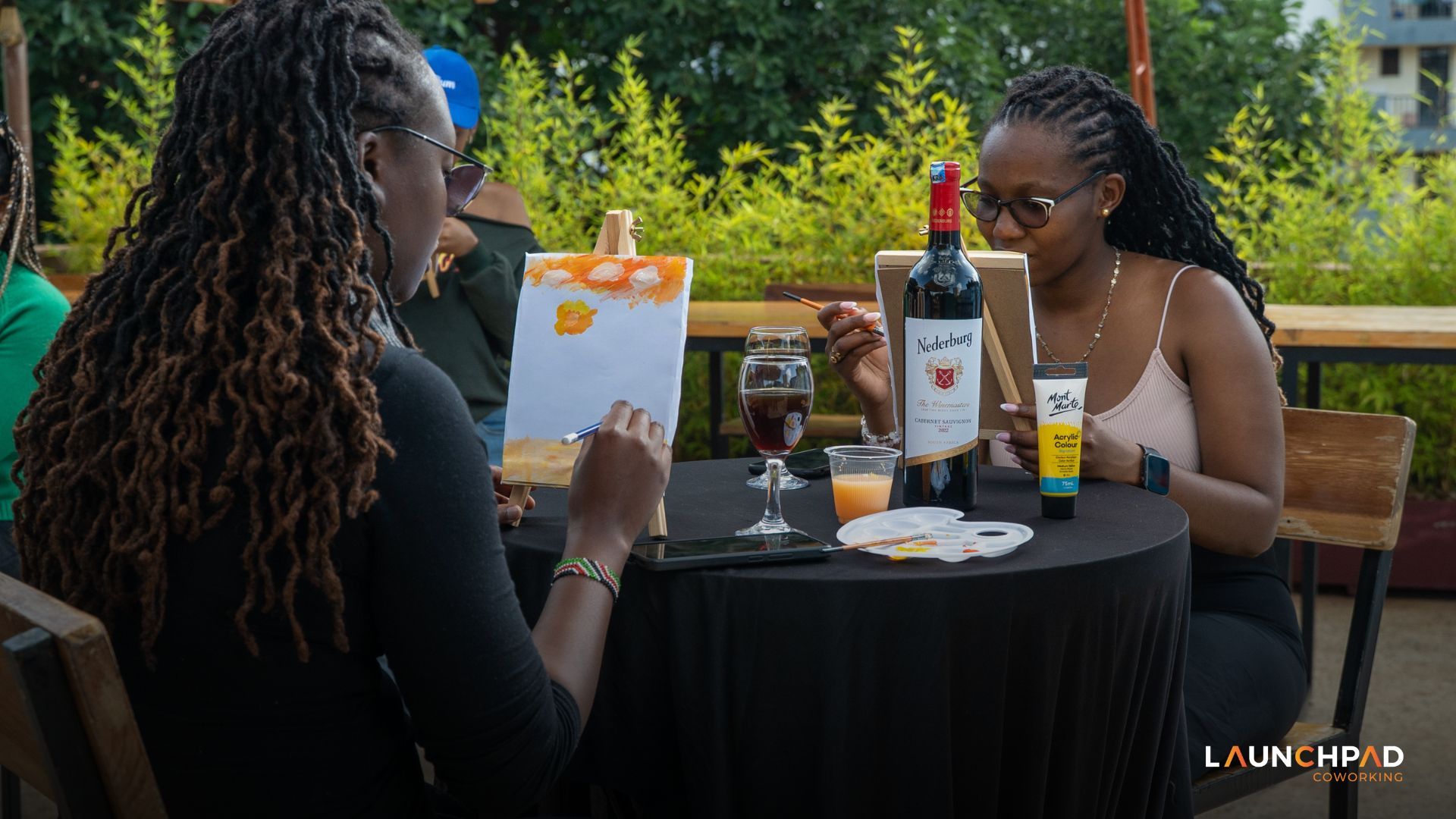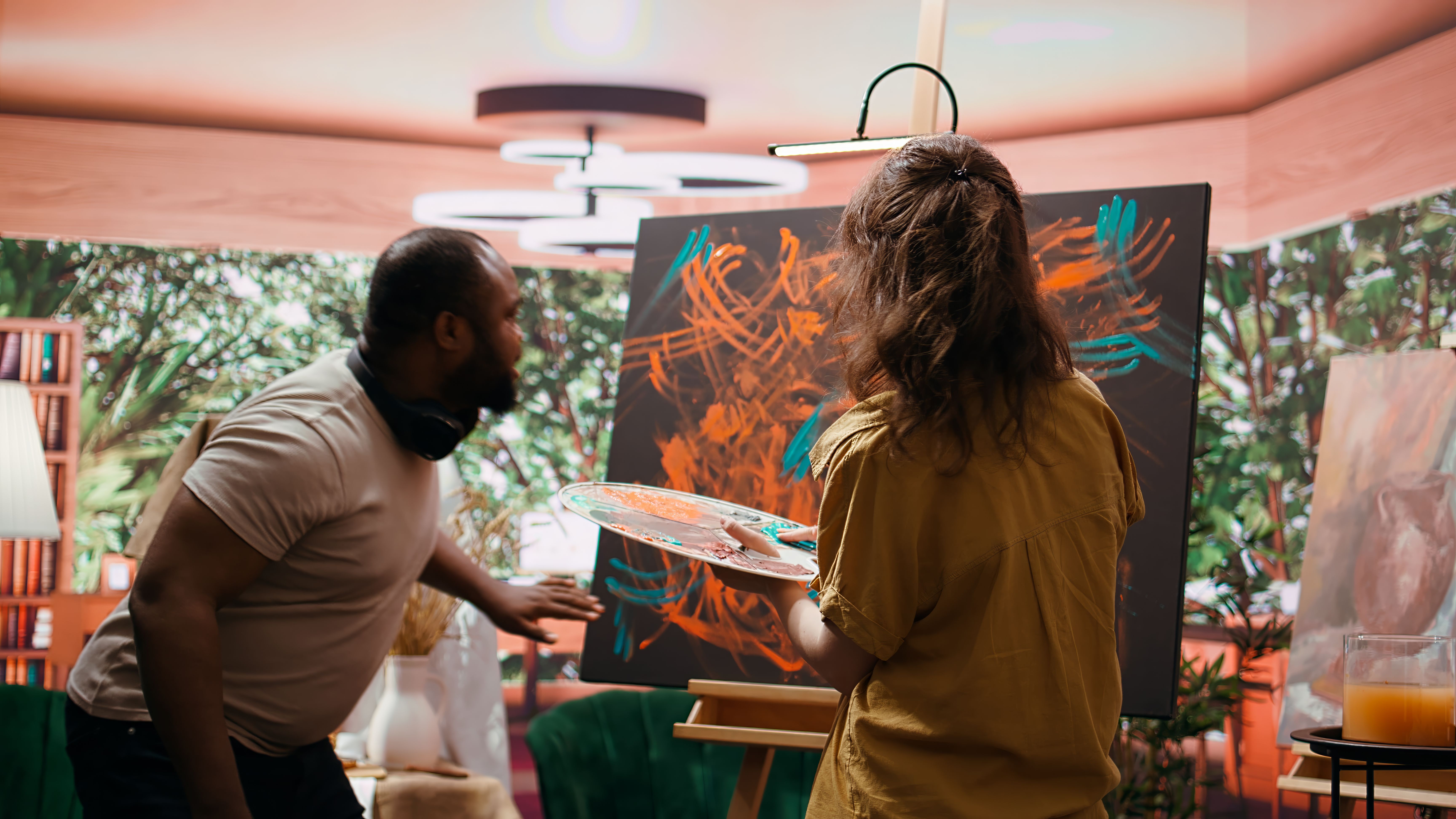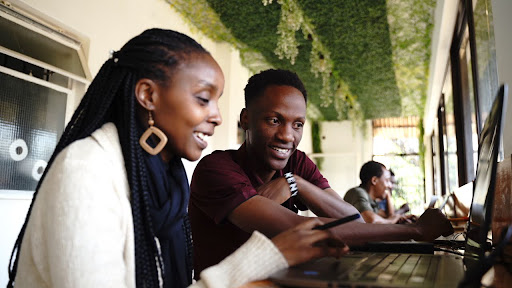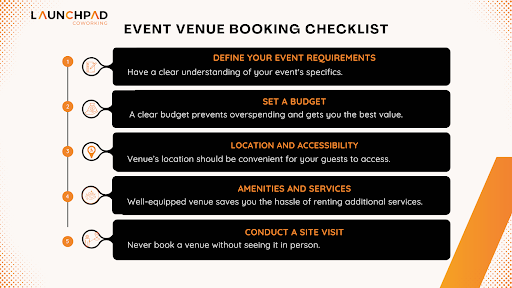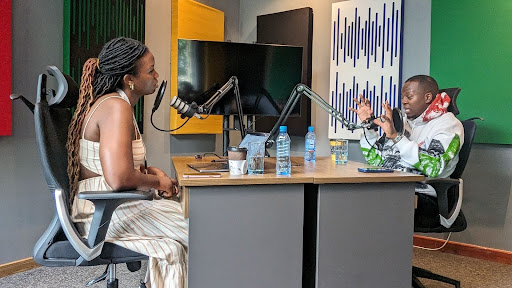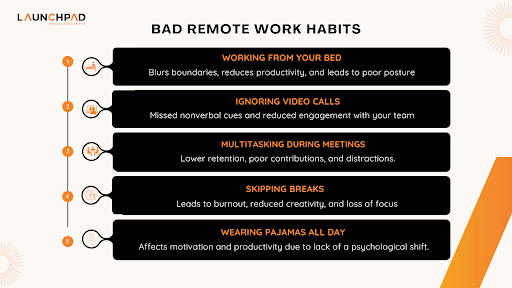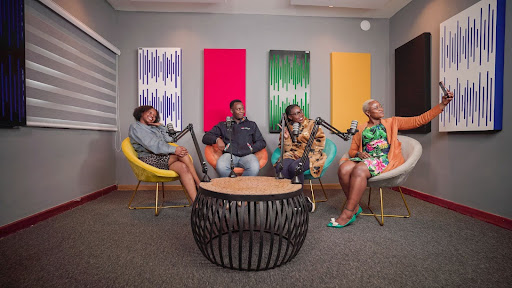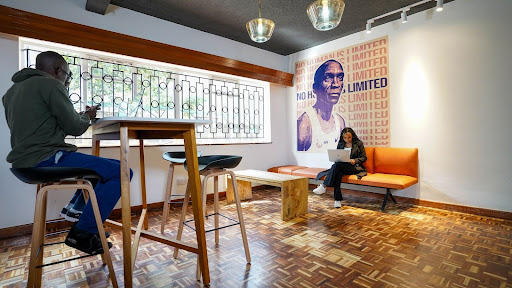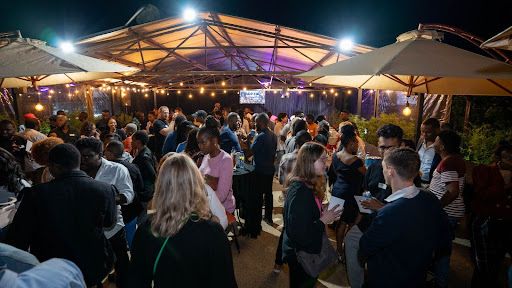In Kenya's rapidly evolving events landscape, innovation isn't just a buzzword. It's become the competitive edge that separates memorable experiences from forgettable ones. From tech-powered hackathons to immersive music festivals, Kenyan event professionals are leveraging data, design thinking, and creative problem-solving to craft experiences that resonate long after the final guest departs.
The New Event Planning Playbook: Data Meets Creativity
Today's most successful Kenyan events share a common thread: they're built on insights, not assumptions. Modern event planners are combining audience analytics with bold creative concepts to solve the industry's biggest challenge; —tight budgets, venue limitations, and increasingly demanding attendees.
Let's examine two recent case studies that demonstrate how unconventional planning approaches are transforming Kenya's event industry.
Case Study 1: Vambo AI & Futurize Hackathon – When Virtual Meets Impact
The Challenge: Host a 48-hour hackathon during Kenya Innovation Week 2024 that brings together diverse teams across multiple tech categories while maintaining engagement and judging integrity.
The Unconventional Approach:
The organizers, partnered with Meta, made a bold decision: go completely virtual. While traditional hackathons thrive on in-person energy, this team recognized that a virtual format could actually expand their reach across Kenya and beyond.
Their planning process included:
- Hybrid judging criteria weighted toward real-world application (30% alignment with goals, 25% technology integration)
- Multilingual API integration as the core challenge framework, celebrating Kenya's linguistic diversity
- Structured 48-hour sprint with virtual check-ins and collaborative tools
- Physical culmination at the AI Summit with a prize-giving ceremony at Kenya Innovation Week
The Challenges:
Budget constraints meant sponsorship was critical. The team also faced the technical hurdle of ensuring 50+ teams could collaborate effectively online while maintaining fair evaluation standards across four categories: EdTech, FinTech, HealthTech, and ClimateTech.
The Outcome:
Over 50 teams participated, creating functional solutions like Hazina Africa (a financial AI assistant using native languages) and NoDozz (a multilingual drowsiness detection app). The virtual format eliminated geographical barriers, and the physical awards ceremony provided the high-impact moment participants craved. Most importantly, the event showcased how planners can use format innovation to solve access challenges.
Case Study 2: Sol Fest 2024 – Reinventing Festival Economics
The Challenge: Create a multi-day music festival that honors Kenyan artists, maintains world-class production standards, and generates sustainable revenue for the local music ecosystem.
The Unconventional Approach:
Sol Fest's organizing team, led by Sauti Sol, flipped traditional festival economics on its head. Instead of booking expensive international headliners, they invested that same budget into premium production for local artists .
Their strategic planning included:
- Tiered ticket experiences : VIP at Sh20,000 and general fan show at Sh3,000 to maximize accessibility and revenue
- Two distinct set designs : Set one featured Arbantone music with matatus on stage; set two showcased modern and classic Kenyan rhumba with live bands
- 40+ rehearsals to ensure world-class performance quality
- December scheduling to capture the holiday market and Kenyan diaspora
- Community revenue model where the profit stayed within Kenya's music industry
The Challenges:
Maintaining production quality while featuring primarily local talent required extensive rehearsal time and technical coordination. The team also had to convince sponsors and attendees that Kenyan acts could deliver the same premium experience as international stars.
The Outcome:
The 2023 edition drew over 15,000 attendees and generated revenue (majority from tickets alone). By 2024, Safaricom invested Sh15.5 million in sponsorship, validating the model. The event proved that strategic investment in local talent creates both cultural and economic value—while positioning Kenya as a live entertainment destination.
Key Lessons for Event Professionals
Both case studies reveal critical trends shaping modern event planning in Kenya:
Format Innovation Solves Access Problems : Virtual elements can expand reach while physical components create memorable peaks
Strategic Budget Allocation Over Star Power : Premium production for local talent can outperform expensive imports
Data-Driven Design : Understanding your audience's preferences (like Sol Fest's fan survey) leads to better programming
Community-First Economics : Keeping revenue within local ecosystems builds long-term sustainability
Rehearsal Culture : The 40-rehearsal model demonstrates how preparation transforms production quality
The Future of Events in Kenya
Whether you're planning your first corporate activation or your fiftieth festival, these examples prove that constraints breed creativity. Tight budgets become opportunities for community investment. Venue limitations inspire format innovation. Audience demands drive excellence.
The Kenyan event professionals behind these experiences didn't have unlimited resources—they had strategic thinking, collaborative spirit, and the courage to challenge conventional approaches.
Ready to Reimagine Your Next Event?
The future of event planning isn't just about following trends it's about learning from peers, experimenting with new approaches, and building a community that elevates the entire industry.
Join the LaunchPad Eventors Community and connect with Kenya's most innovative event professionals. Whether you're just starting out or looking to scale your practice, you'll find:
- Networking opportunities through virtual and physical events
- Collaboration on real event gigs and opportunities
- Continuous learning on Slack channels with industry insights
Join the waitlist today and be part of Kenya's event innovation movement. Because the best events aren't planned in isolation—they're created in community.
